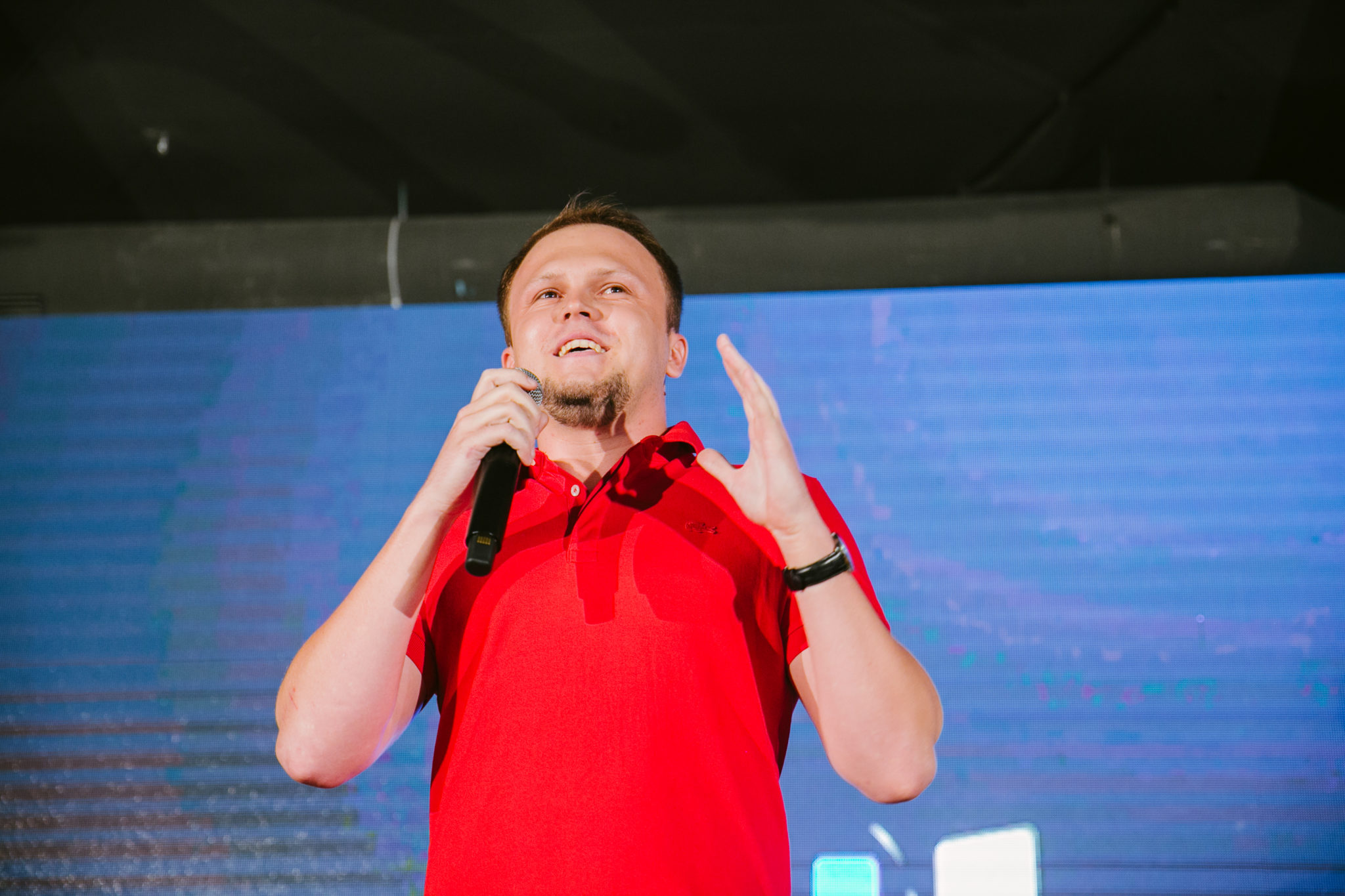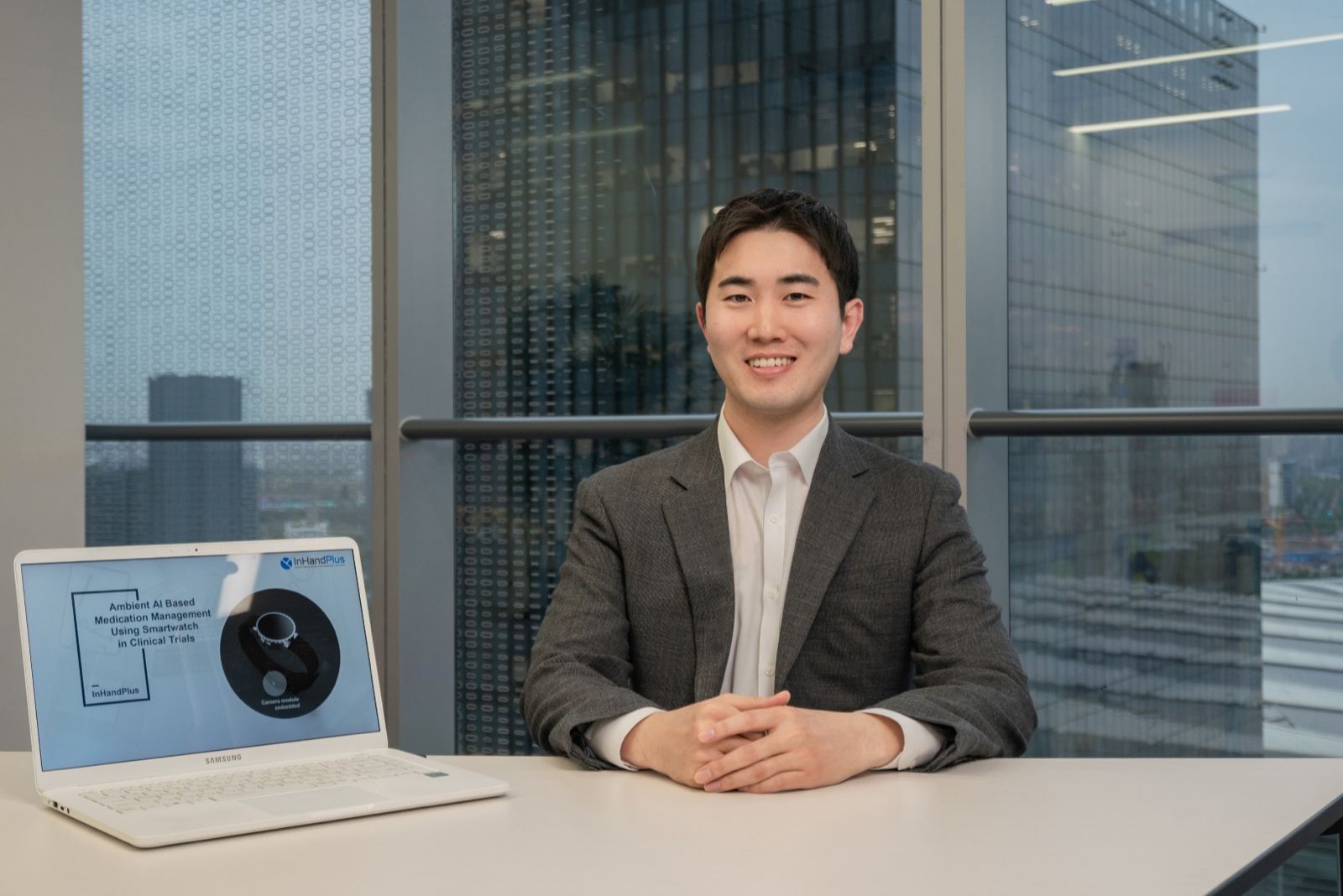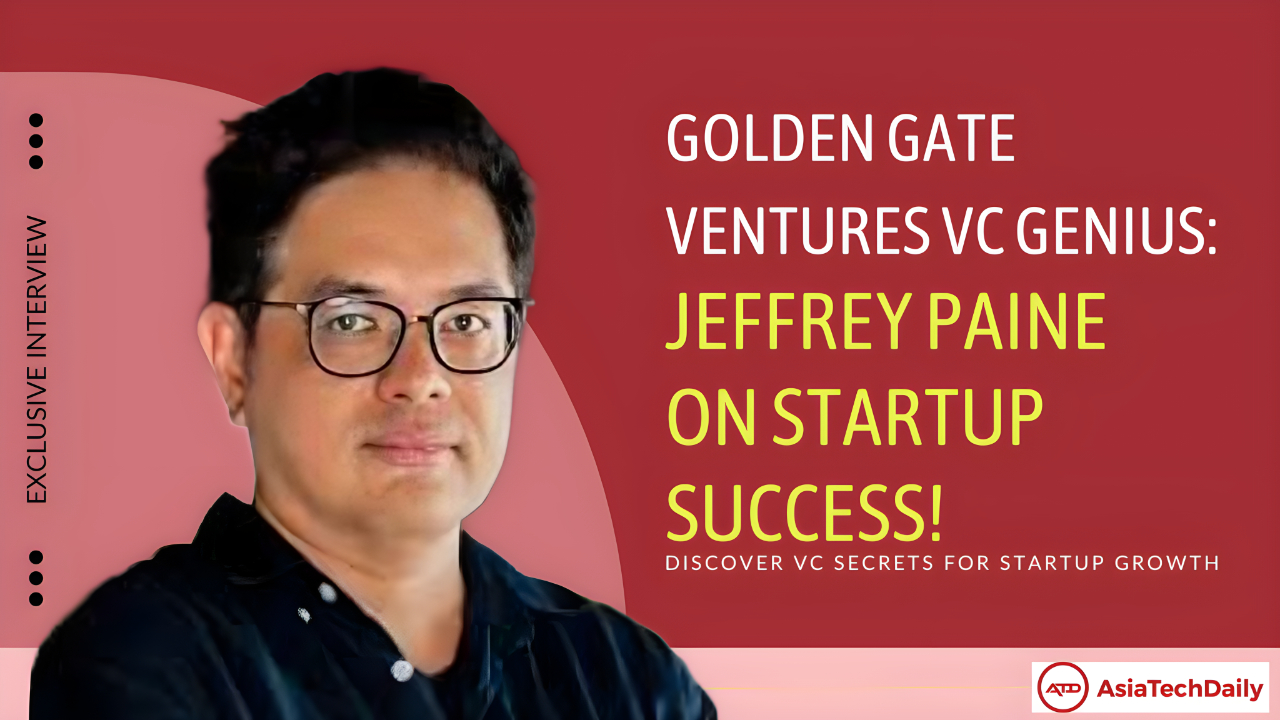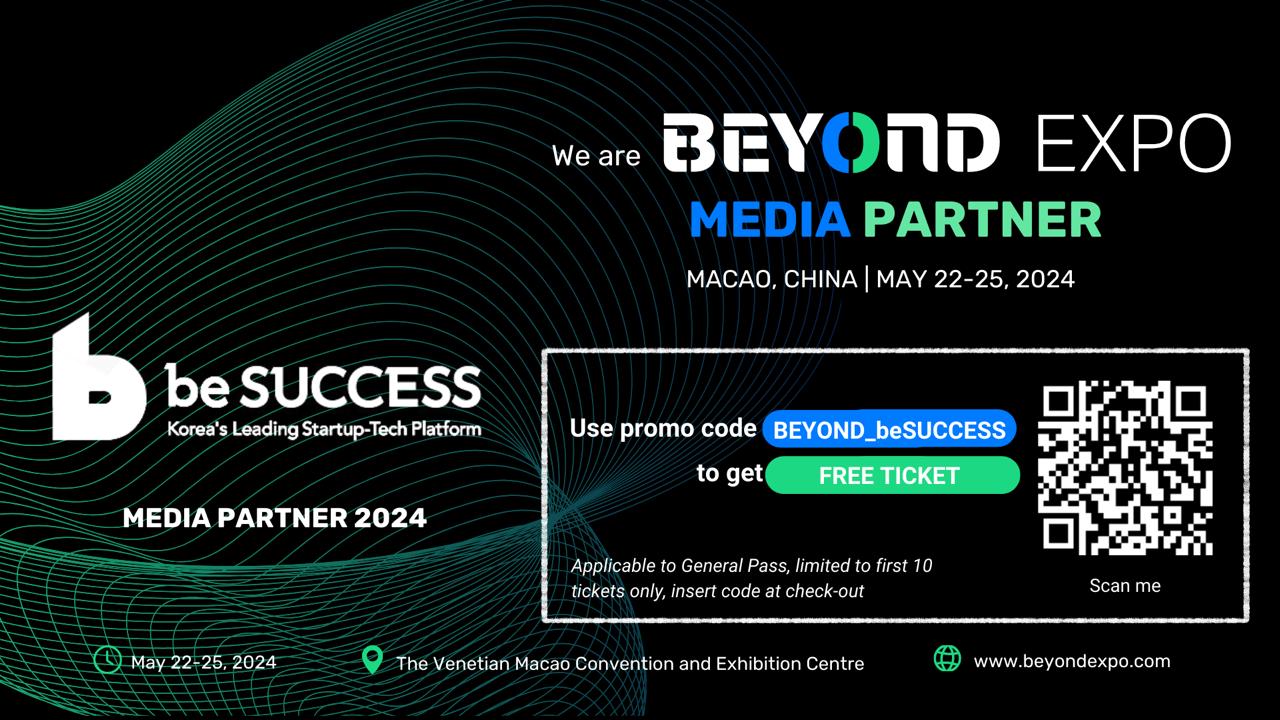AsiaTechDaily – Asia's Leading Tech and Startup Media Platform

How Yuri Petrov Successfully Piloted YCLIENTS To Make It A $40M Company?
Yuri Petrov was born in a small town in Belarus in 1988 and graduated from Peter the Great St. Petersburg Polytechnic University as a bachelor of international business and management and a master of systems and networks. He founded the first startup, being a student, in 2010, and called it MoreSalonov. It was a platform that allowed consumers to find and book appointments at beauty salons. At the same time, the business owners got an additional channel for attracting new customers. This project was a complete bootstrap.
MoreSalonov got its first financial support from the leading Russian angel investor — the technical director of Rambler and the founder of Price.ru Arkady Moreynis, in 2011, and the strategic investment from the most significant Russian daily deals company KupiKupon in 2012. In 2013 Yuri passed an acceleration program at Plug&Play in Silicon Valley, but in 2014 the company ran out of money and shut down its operations.
In 2014-2015 Yuri and new partners were focused at Incardo — an outsourcing cashback program for Russian banks, but the company didn’t get lucky as well. The business model was weak, and the founders came to a decision to close Incardo.
In 2015 Yuri and co-founders started from the ground up a new venture YCLIENTS — a cloud platform for online booking and business automation for local service businesses, which got great feedback from the Russian market. Being a bootstrap again, the company showed 3x YoY growth, and at the end of 2017, raised a round A from venture found Guard Capital.
For the following two years, YCLIENTS became one of the leading SaaS players in CIS with 70% of market share in online booking, 20 000 paying b2b customers and, according to Similar Web, got into the world’s top 5 companies in its segment due to the traffic share along with Mindbody, Acuitysheduling, Vagaro, and Treatwell. By the end of 2019, the company closed the deal with the most prominent Russian private equity firm — Elbrus Capital. According to some sources valuation of YCLIENTS could reach $40M.
In an exclusive interview with AsiaTechDaily, Yuri Petrov says:
The biggest challenge is that, while you are fundraising, you spend an enormous amount of time on negotiations, documents, due diligence, and so on, and at the same time, you have to run business. And when the team isn’t big enough, you completely break away from growth and operations, being busy with fundraising. So if a deal fails, you get a huge negative impact on business.
What would I do differently? On the first deal, we sold a very large steak to our investor, and this was the biggest mistake. So founders got meaningful dilution, that’s why other investors weren’t willing to invest at that stage, being afraid that the team was demotivated. So my advice is — at any stage of doing business try to save as many shares as you can. It’s better to take less money or find a new investor.
Read on to know more about Yuri’s successful journey and his words of wisdom for startup founders.
Please tell me about your personal background, and what are you working on currently?
Yuri Petrov: Basically, I’ve been working as a CEO in the tech industry for my whole professional life. I’ve got some meaningful experience after the failure of two startups. And pretty much understand and, let’s say, feel what founders shouldn’t do. All of that helped me to grow up the company without any venture funding and zero employees from the start into the company with 230 people, a profitable market leader with great growth opportunities covered by the best local investors. All of my current challenges are about management, how to make YCLIENTS professionals more productive, motivated, and happy with what they do, and where they work. For instance, one of the current projects is how to deploy OKR methodology and culture for the whole company.
What motivated you to get started with your company?
Yuri Petrov: My whole story is not about great motivation, but I’ve never considered myself to be anyone else except being an entrepreneur. So I started trying to launch some business when I was in high school, at the beginning it all was about earning money for myself, but at the point when the startup culture became popular in Russia, I’d realized that I was thinking not ambitious enough. One of my favorite quotes is, «Thinking small and thinking big, effort is the same,» and it’s so true in our world, especially in the tech industry. At the same time, for sure, I feel that the older you become – the harder to start from scratch. The best time to start is when you get nothing to lose; only this motivation should be enough for young people.
How have you attracted users and grown your company from the start?
Yuri Petrov: One of the things in what I totally believe is «sales are first.» Current startups love playing in cust dev, researches, etc. From my side, it looks like some kind of procrastination. I made the same mistakes as well, but the only meaningful proof of concept is to make some people pay for what you do or even prepay for it before you do it. As for YCLIENTS, we came out with some really ugly back office — a part of MoreSalonov came to customers and convinced them to pay a yearly subscription forward with the commitment to give them functions they need. That was our way of sales and research for the first three years. Each co-founder of YCLIENTS was a salesperson. It looked strange, but we just walked in beauty salons from outside and tried to sell, we did the cold calling and other non-convenient stuff, but we always had the money for life and operations. We got the best market expertise and felt our customers. The only mistake we did, we should have switched to digital marketing a bit earlier.
What’s your business model, and how have you grown your revenue? What strategy worked best?
Yuri Petrov: Our business model is pretty simple. It’s a general subscription SaaS model, and our strategy was not about rocket science as well. We supposed to get more new clients and lose less existing clients. The first growth was provided by a viral part of the product. Our online booking widgets were installed on a few websites of really famous beauty salon chains, which we acquired at the start by offering a very low price and with a huge commitment to bring them features they need. Their competitors were copying them; they discovered us on websites and were buying our product as well. The more challenging thing was to decrease the churn rate.
Cohort analysis of our customer base helped us a lot, and we realized that most of the clients we were losing in the first three months and a huge part of them didn’t start to use the product even if they had paid for it a good price. So we created an «onboarding department» with the main goal to help clients to start using YCLIENTS. Mostly the department does the educational work. Yes, it’s brought us big service costs, but it’s made our unit economics much better with a dramatically great impact on LTV. For now, our strategy is all about expanding target markets. We feel that Russian and CIS beauty markets are already tight for us. So we’ve started creating products for wellness and health markets and selling abroad. We should have done it a bit earlier as well.
How much money (funding) have you raised in total so far? When was the recent funding round?
Yuri Petrov: Our recent deal was almost about $10M. Some part cash-in some part cash-out for our existing investors. All previous rounds were below $1M.
How did you decide when to go out for fundraising? What were the internal decision processes in determining when to begin fundraising, and what were the logistics for this?
Yuri Petrov: We weren’t thinking over that we needed to attract investors – we just realized that we wouldn’t exist without further funding. We found out that there was a startup culture, startup events, and went to one of them to present ourselves. We succeeded, and the first investor noticed us. After a short negation, we gained financial support. In general, we didn’t have any experience and awareness at the start.
How many investors have you met so far, and which among them have invested in your past funding rounds? And how long does it take on average to finalize each funding round?
Yuri Petrov: In the next rounds, our investors helped us with connections among their friends, investors as well. The second round took us no more than five meetings. At that moment, the deal-making process was lasting about 2-3 months.
How did you meet these investors, and which channels worked best for you?
Yuri Petrov: From my point of view, the only one working channel for fundraising is your network, but you have to do a lot to build it.
What are the biggest challenges you’ve faced and obstacles in the process of fundraising? If you had to start over, what would you do differently? (Your insight or advice on this would be very helpful for startups)
Yuri Petrov: The biggest challenge is that, while you are fundraising, you spend an enormous amount of time on negotiations, documents, due diligence, and so on, and at the same time, you have to run business. And when the team isn’t big enough, you completely break away from growth and operations, being busy with fundraising. So if a deal fails, you get a huge negative impact on business.
What would I do differently? On the first deal, we sold a very large steak to our investor, and this was the biggest mistake. So founders got meaningful dilution, that’s why other investors weren’t willing to invest at that stage, being afraid that the team was demotivated. So my advice is — at any stage of doing business try to save as many shares as you can. It’s better to take less money or find a new investor.
What are your milestones for the next round? And what are your goals for the future?
Yuri Petrov: To attract the next round, we need to use the current funding for purpose, and it means to prove that we can be successful in larger markets, not only in Russia and not only in the beauty industry. Thus, we have to show the growth of foreign markets and in other areas.
If we prove it, we’ll be able to be valued absolutely differently. Our goals for the future are the same — to show and extend our markets. And for sure we need to expand our main market share as well.
What are the most common mistakes founders make when they start a company? (or What should all first-time startup founders know before they start their business?)
Yuri Petrov: As I said, the most common mistake is that people start selling and doing marketing too late. They spend a lot of time investigating and creating a product and don’t focus on attracting clients, though they should do it from the very first day.
In my opinion, the second mistake is that people give up too early, when money is over or when motivation has gone. You have to try as long as you can, though there is an opinion – «fail fast,» that means if you fail, leave it and start something new, then you have more chances to get success. I think that it’s not true. Surviving in hard moments may generate the most right decisions which will push the business ahead.
What’s the best advice you’ve ever received? And What advice do you have for someone who is interested in doing similar things like yours or in a similar direction?
Yuri Petrov: The best advice is to delegate. This is a great problem at the beginning. You consider yourself as the cleverest person and try to do everything on your own. And if somebody did what you were responsible for before, it seems to you that it has been done much worse.
Of course, it’s true in most cases, but at some point, you should let the most things go, because you’ll never manage everything on your own. Better done than nothing. So delegate, delegate, and keep delegating.
You can follow Yuri Petrov here.
Are you looking to secure investment for your startup or a keen startup enthusiast, keep an eye on our interview section.
Follow Asia Tech Daily to know about the innovative startups and how they are revolutionizing the ecosystem.





